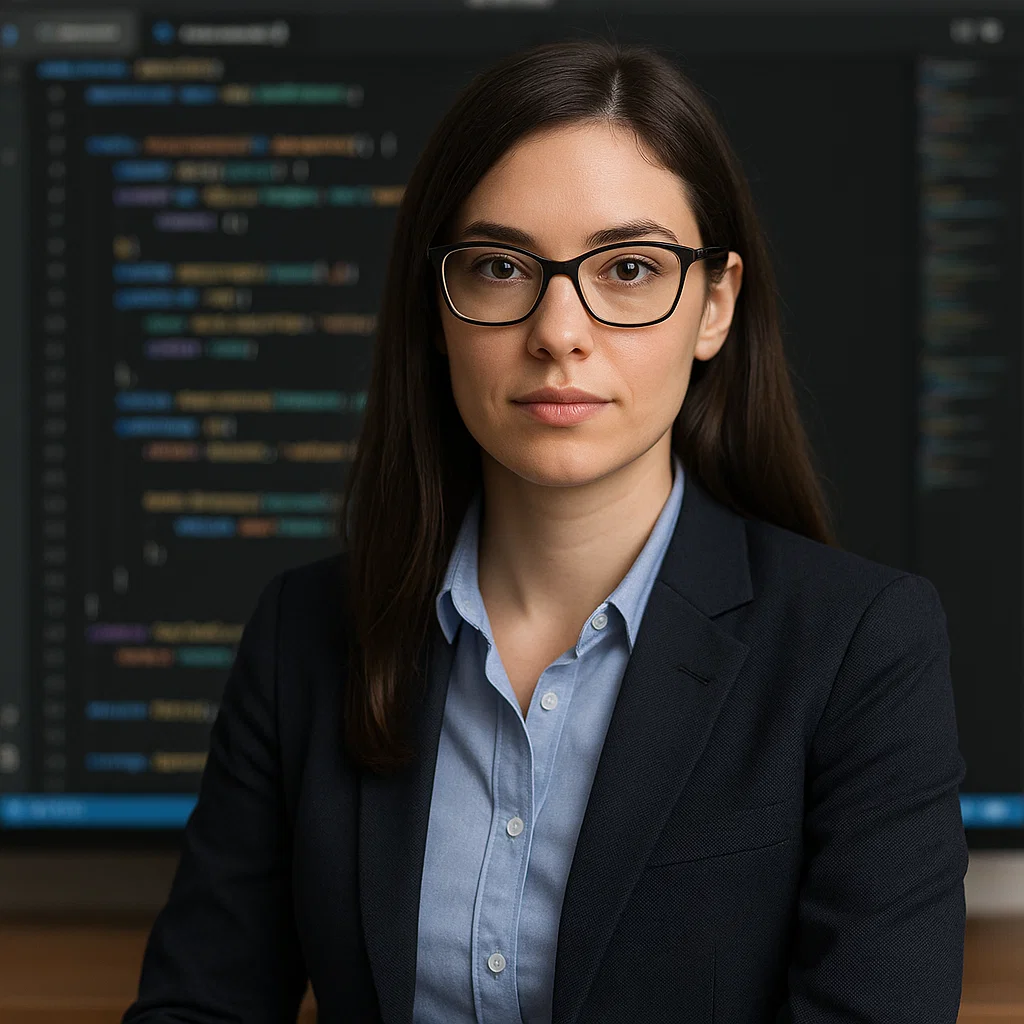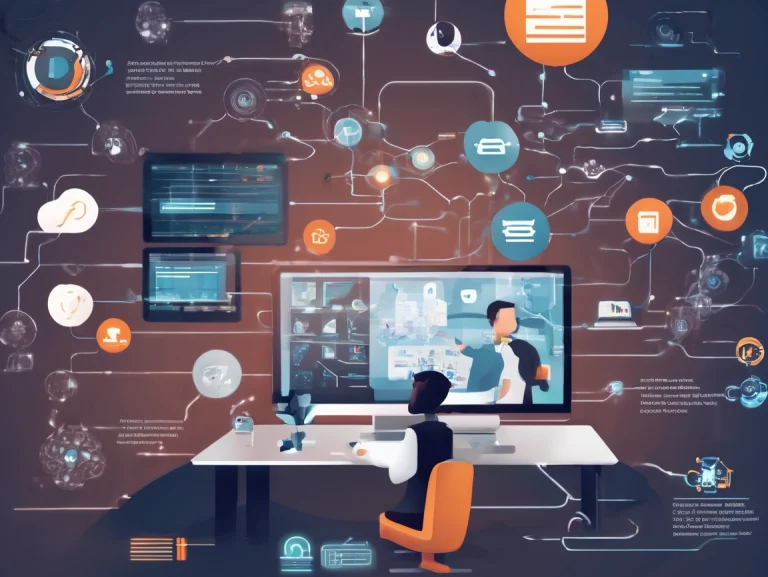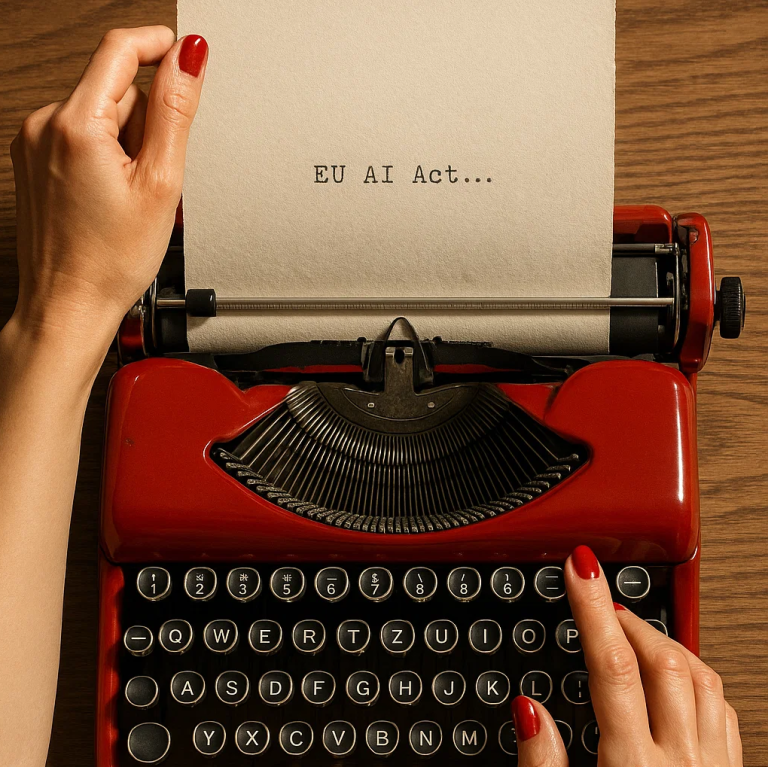Litigation & technical expertise: the role of the tech “expert witness” in a software or intellectual property dispute

In the context of a dispute in intellectual property (IP) or software-related litigation, the technical dimension occupies a central place. The judge, the lawyers and sometimes even the stakeholders often lack the necessary knowledge to understand how a code works, the value of an algorithm or the originality of a software architecture. This is precisely where theexpert witness technique – an expert witness, on the border between law and engineering.
What is a technical “expert witness”?
L'expert witness is an independent specialist mandated to enlighten the court on complex issues, often incomprehensible to a non-technical audience.
In the digital field, its role is toprovide objective and documented insight on :
- The structure and quality of the source code
- The originality or banality of a software in relation to the state of the art
- The existence (or not) of a counterfeit or plagiarism
- The value of the software assets at stake (patents, licenses, copyrights)
- Regulatory compliance (GDPR, cybersecurity, AI Act, etc.)
Why is it essential in software and IP disputes?
Technology disputes are rarely straightforward: proving infringement or violation often relies on highly technical analysis. A lawyer, even one specializing in IP, cannot alone:
- Compare source codes line by line
- Evaluate the architecture of a system or the design of a database
- Qualify an innovation as being truly original and protectable
The expert therefore becomes a translator between the technical world and the legal world, making complex concepts intelligible for magistrates and arbitrators.
Typical missions of a technical litigation expert
- Code and systems analysis : comparative audits, reverse engineering, similarity detection.
- Value assessment : encryption of software or an intangible asset, often crucial in the event of damages.
- Technical report : written document submitted to the court, clear and educational, detailing the methodology and conclusions.
- Testimony in court : oral presentation, answers to judges' questions and cross-examination.
- Pre-litigation assistance : assistance to lawyers in building an evidentiary strategy before or during trial.
The qualities of a good tech “expert witness”
- Recognized technical expertise (experience in development, architecture, security).
- Pedagogy and neutrality : ability to popularize without taking sides.
- Methodological rigor : each conclusion must be traceable and verifiable.
- Credibility : a solid academic or professional background, and independence from the parties.
A strategic asset in litigation
In a trial where millions of euros may be at stake, the strength of the technical argument can make the difference.
An effective expert witness allows you to:
- Strengthening the credibility of a legal argument
- Debunking False Adversary Allegations
- Enlighten the judge with tangible and accessible evidence
Conclusion
The role of theexpert witness technique goes beyond simple IT expertise: it is a key player in technological litigationAt the crossroads of law and technology, it ensures that technical truth is understood and taken into account, thus contributing to more equitable and informed justice.


